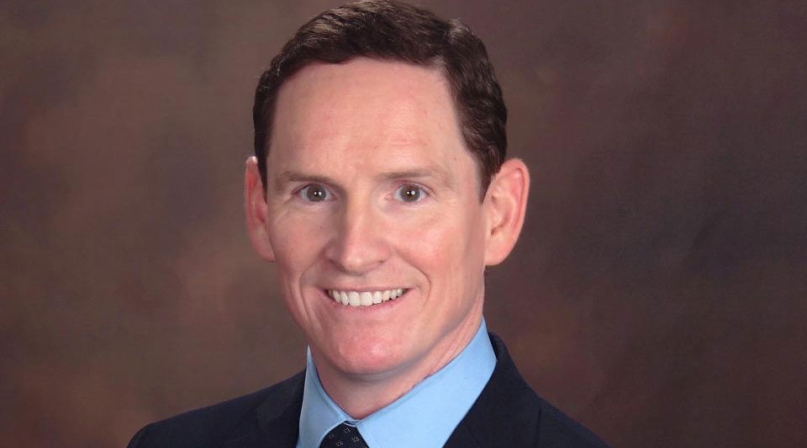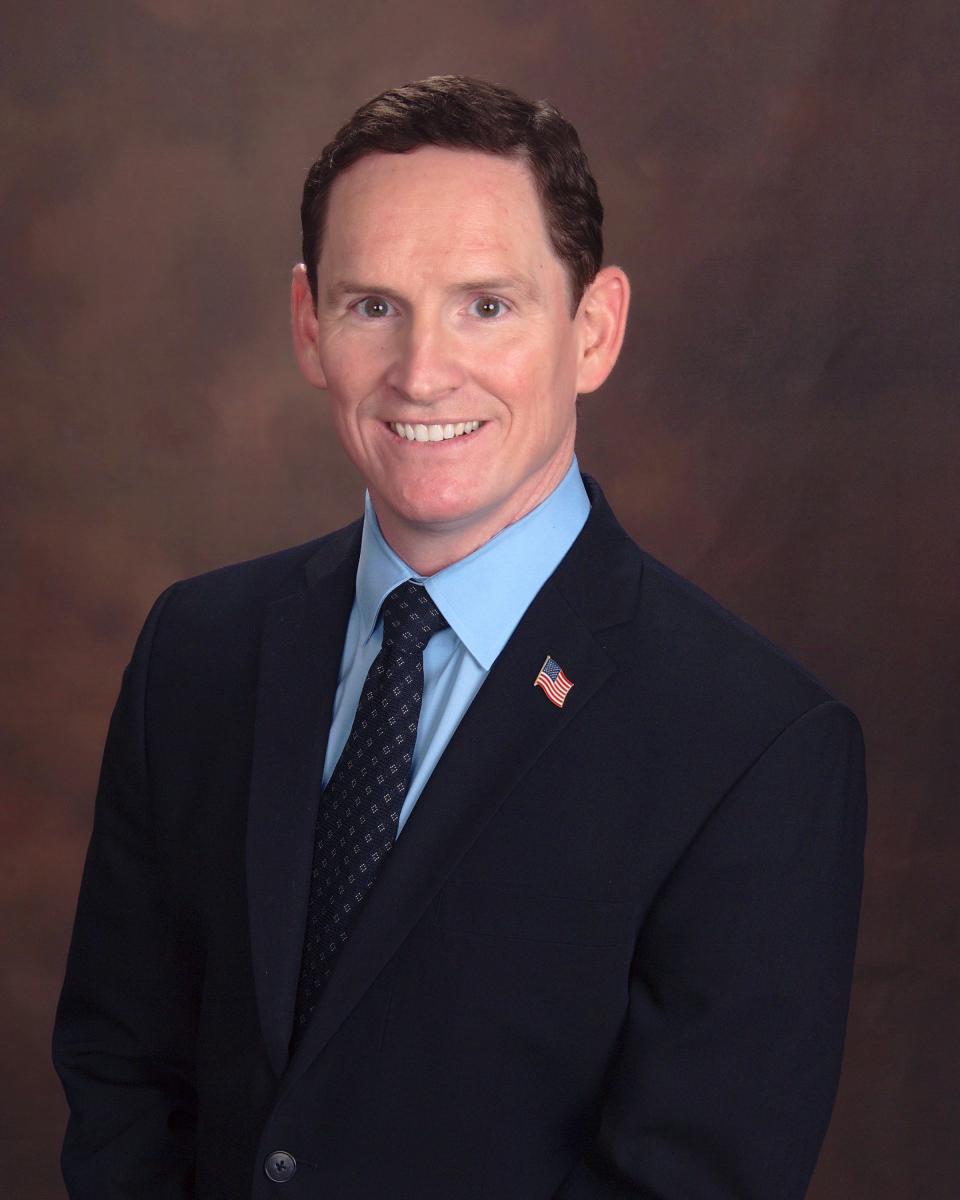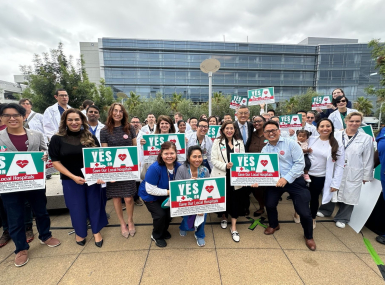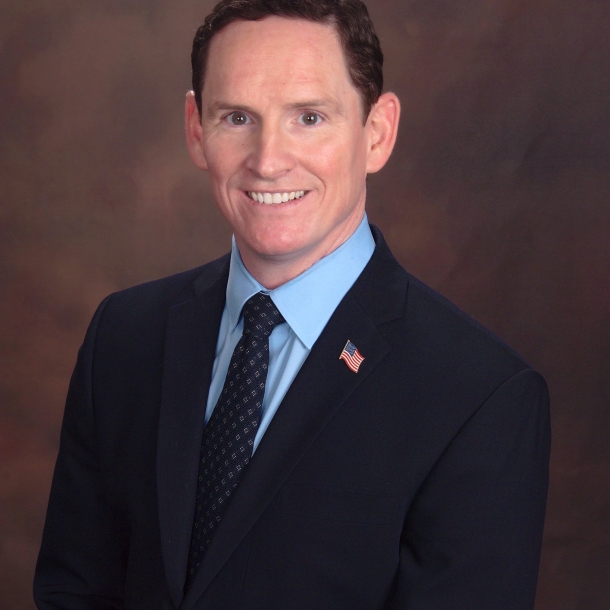Take a stand on Senate healthcare bill

Clay Jenkins: Educate your senators on your county’s role in health care and ask them to oppose BCRA
 As the Senate looks to hold a vote soon on its comprehensive healthcare plan, the National Association of Counties (NACo) continues to be extremely concerned about potential changes to the Medicaid program that would shift federal and state costs to counties. As their starting point, the Senate used the House-passed healthcare overhaul package known as the American Health Care Act (AHCA), which would cut federal funding for Medicaid by over $800 billion over 10 years. President Trump’s FY2018 budget recommends another $600 million in reductions for a total of a $1 trillion cut in federal funding for Medicaid.
As the Senate looks to hold a vote soon on its comprehensive healthcare plan, the National Association of Counties (NACo) continues to be extremely concerned about potential changes to the Medicaid program that would shift federal and state costs to counties. As their starting point, the Senate used the House-passed healthcare overhaul package known as the American Health Care Act (AHCA), which would cut federal funding for Medicaid by over $800 billion over 10 years. President Trump’s FY2018 budget recommends another $600 million in reductions for a total of a $1 trillion cut in federal funding for Medicaid.
In addition to Medicaid cuts, the Senate is also proposing other changes that could significantly impact our county services and the well-being of our residents, including prevention and public health.
These funds are critical not only for reducing the harm caused by more routine issues such as flu and food-borne illness, but also in preparing for high-consequence infectious diseases. Unfortunately, I have learned firsthand through experiences with Ebola and West Nile virus that public health emergencies can strike quickly and have deadly consequences.
For those of us on the front lines of ensuring the health and safety of county residents, healthcare is not a political issue — it’s a common sense one. Our healthcare industry partners are our strongest allies in protecting the health of our communities. They are also critical economic partners for counties. In my home county within the Dallas-Fort Worth metroplex, the industry has generated nearly $20 billion in labor income and contributes hundreds of millions in state and local sales tax.
On the flip side, Dallas County is still one of the most highly uninsured counties in the country, with around a 20 percent uninsured rate. Still, this 20 percent rate represents hard fought gains through enrolling individuals in marketplace plans through the Affordable Care Act (ACA), reducing the uninsured rate from around 27 percent.
The AHCA as proposed does not make the common-sense reforms needed to the ACA, but instead increases the number of uninsured by 23 million nationally. Our local hospitals and providers already provide hundreds of millions of dollars in uncompensated care annually. Dallas County’s Parkland Hospital alone provided $871 million in 2016. Statewide numbers of uncompensated care exceed $7 billion a year.
I am glad we can collaborate through organizations like NACo to advocate for the best policies for our constituents. With the Senate looking to move quickly toward a vote, it is critical that we reach out now to our senators on their behalf to insist that we refocus the conversation in Washington on improving our health care system, not merely shifting costs to our local taxpayers.
With this in mind, I would like to personally ask all of you to contact your senators, educate them on your county’s role in health care and ask them to oppose this current legislative proposal.
Sincerely,
Clay Lewis Jenkins
Dallas County, Texas Judge
Chair, NACo Health Steering Committee
Attachments
Related News

CMS issues new guidance on Medicaid Community Engagement Requirements
On December 8, the Centers for Medicare & Medicaid Services (CMS) released a Medicaid and CHIP Services Informational Bulletin (CIB) directing states on how to implement the Medicaid community engagement requirements enacted under Section 71119 of the One Big Beautiful Bill Act legislation (Public Law 119-21), or H.R. 1.

California county sales tax measure backfills federal healthcare cuts
Santa Clara County, Calif. will raise an estimated $330 million each year from a sales tax to backfill lose Medicaid funding.

